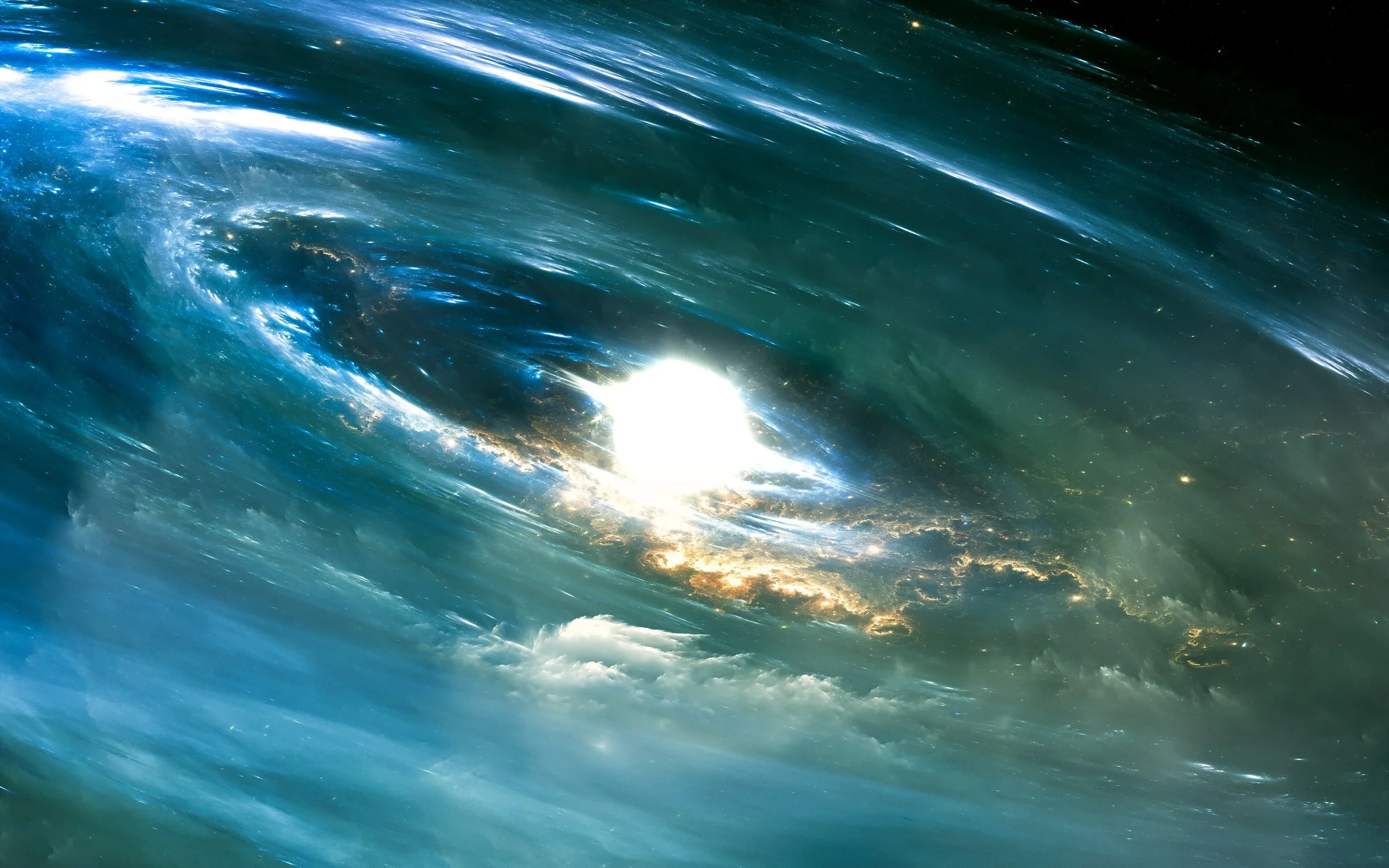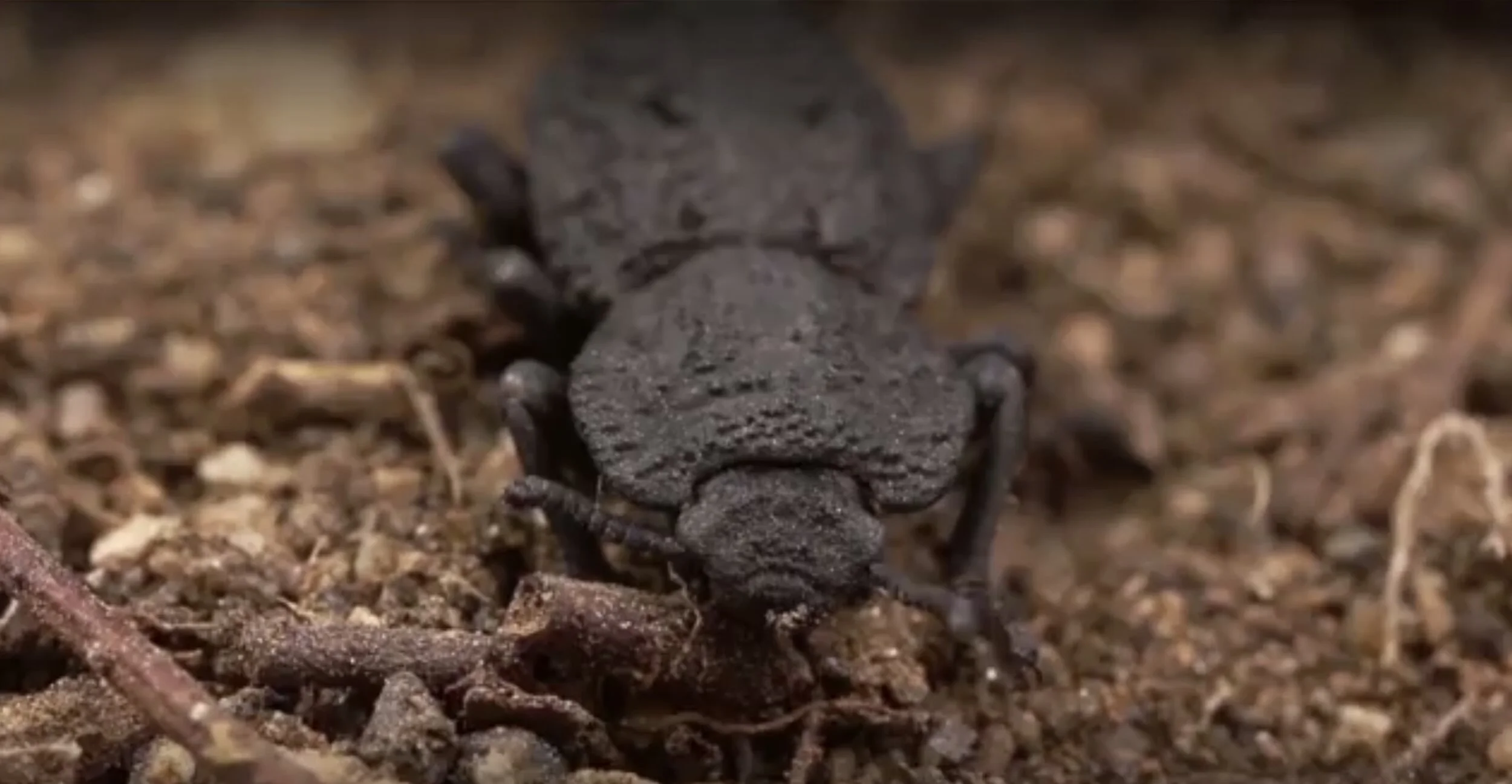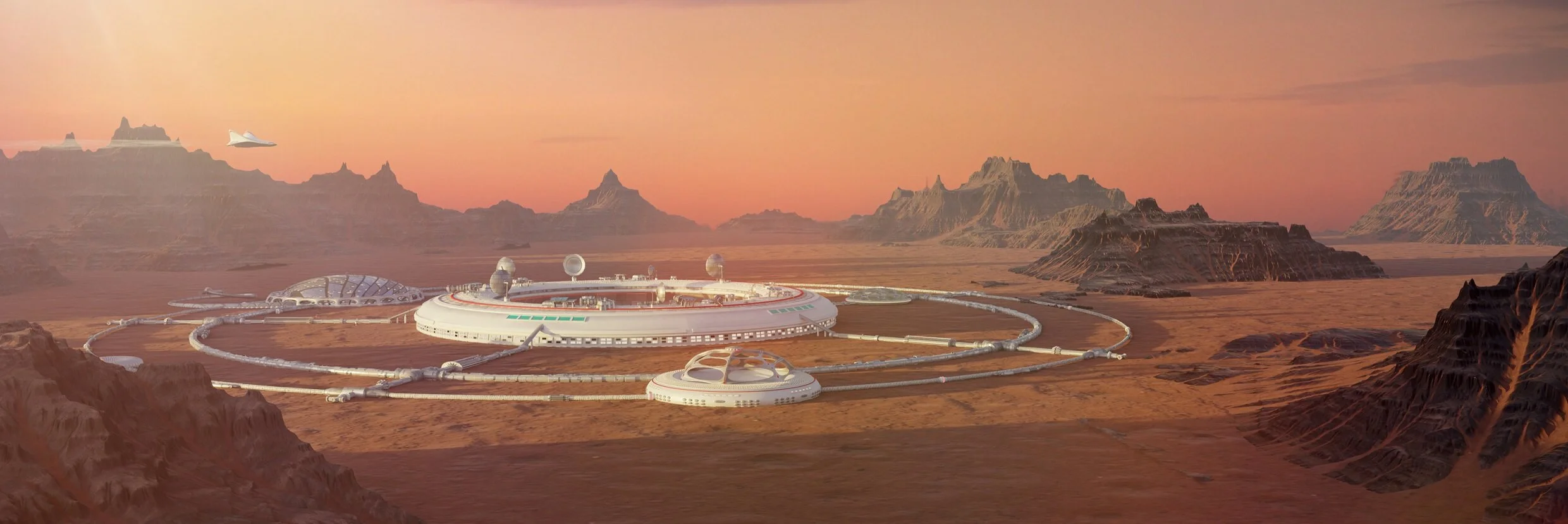Up until now, astronomers have mainly looked at fairly mature protoplanetary disks around young stars that are 1 to 3 million years old, it turns out that planet formation starts much earlier.
Comments and suggestions are welcome! Don't hesitate and leave them on our comment section down below the article
An artistic impression of a protoplanetary disks - Image Credit: Jurik Peter via Shutterstock - HDR tune by Universal-Sci
New research led by Lukasz Tychoniec, PhD candidate at the Dutch Leiden University, attests that planets around young stars are born in the blink of an eye (on a cosmic scale that is) of less than half a million years. Based on data from the Atacama Large Millimeter Array (ALMA) Observatory in Northern Chile and the Very Lare Array (VLA) in New Mexico, astronomers conclude that very young debris discs already contain enough material to build entire planetary systems.
Up until now, astronomers have mainly looked at fairly mature protoplanetary disks around young stars that are 1 to 3 million years old. None of the studies disks contained enough dust for even a single gas planet like Jupiter. Keeping this in mind, Tychoniec decided to investigate proto-stars in a relatively nearby molecular gas cloud located in the constellation Perseus. The examined protoplanetary discs were only between 100,000 and 500,000 years old, but evidence indicates that they may already be forming planets.
Measurements of light emitted by the dust in these discs show that there is more than enough material to build planets. The researchers compared the mass of the disks with the mass of more than 2,000 known exoplanet systems. According to Tychoniec, in all cases, the amount of dust found was sufficient to form known populations of exoplanets. It turns out that the protoplanetary discs in the Perseus molecular cloud have no trouble making exoplanets akin to what we see in our own Milky Way Galaxy.
In a press release, co-author Alex Cridland (postdoc at the Leiden Observatory), adds that for decades astronomers have looked at 'old' protoplanetary discs. The new discoveries that follow from this study show that the process of planet formation appears to start much earlier on.
The result, accepted for publication in the science journal Astronomy & Astrophysics, will contribute to the development of new models for planetary formation, which will help astronomers better understand the way and rate at which exoplanets - as well as planets in our own solar system - are formed.
Sources and further reading:
Featured Articles:
If you enjoy our selection of content please consider following Universal-Sci on social media











